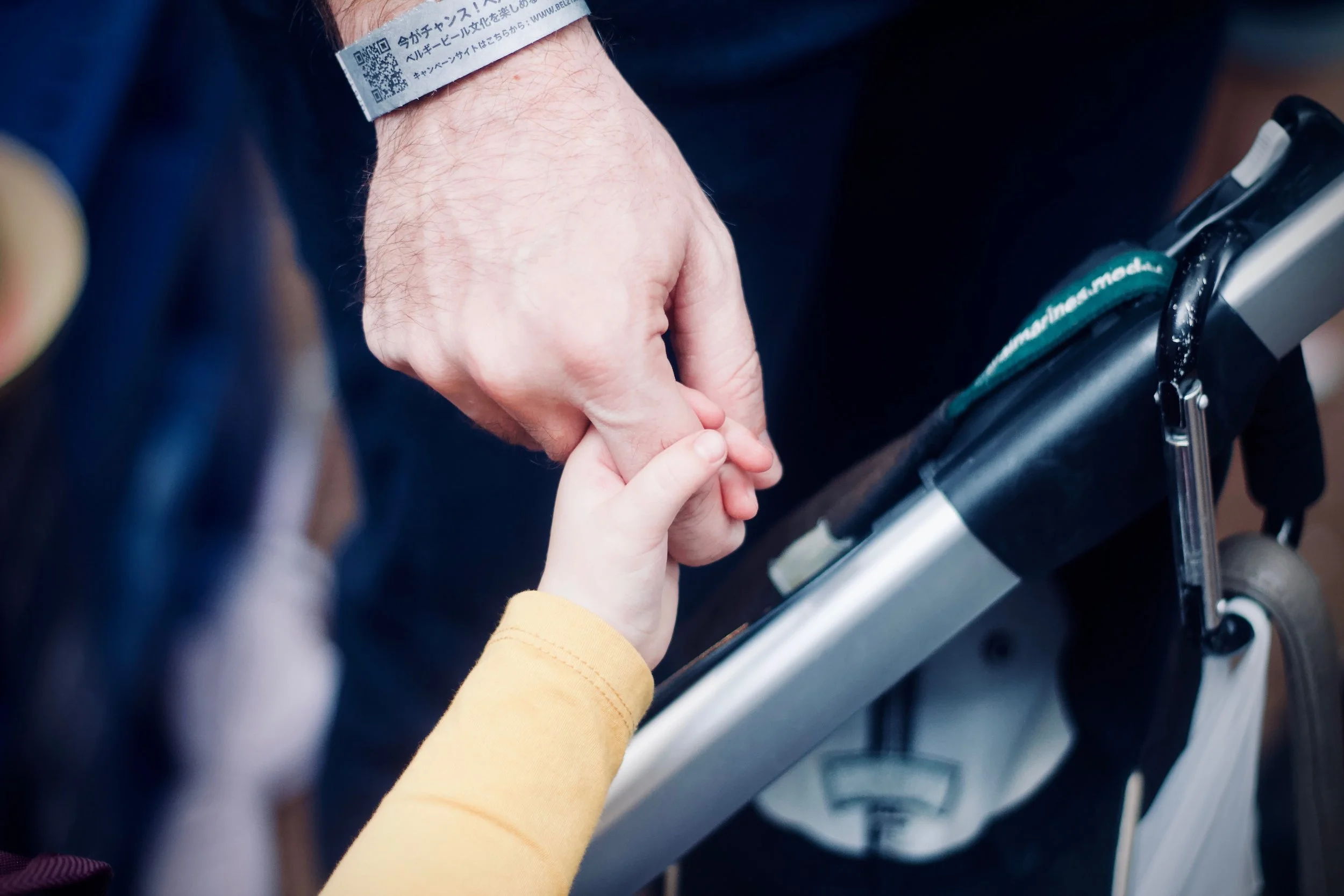In John Bradshaw’s PBS series The Family, he says that unhealthy (toxic) shame is the feeling, not that we’ve done something wrong, but that we are something wrong. That at the very core of our Being we are for all time and in all places, irreparably flawed. That even God cannot fix us; and because of how we ARE, God doesn’t even want to try.
As I grew up I was aware of an attraction to men, but I didn’t know what it meant or have any context for it, didn’t have any positive cultural models to emulate; and as I got older the negative stereotypes about being gay affected me deeply. I used to believe that “if only I could think this way about that,” or “have a different attitude somehow,” it would go away. But I didn’t know how to think or what attitude to have. I prayed that God would somehow tell or show me. I began to wonder if I was irreparably flawed. Then I started to hope that when I “grew up and got married” it would just vanish and go away. And so I fulfilled society’s expectations when I married in 1982, but those same-gender attractions gnawed at me and I fought against them.
I attended an Exodus International group for more than a year in Dayton, Ohio in the early ‘90s, hoping to effect some change that would help me maintain my marriage commitment and relationships with my wife and daughter; but I soon realized that the group’s process was about exiling their homosexuality, putting it “to the side somehow,” and ignoring it and trying through prayer and group support to replace it with heterosexuality. Crazy. Fortunately, the grounding I had in Family Systems Theory helped me realize that these efforts at fragmentation went against my goals of wholeness and integration.
In December ‘97 our new priest and h is wife arrived in Greenville, OH. I spoke to her at a Christmas party, and discerned something different about her. I learned that she was a Spiritual Director, and a few weeks later—I don’t know exactly how I knew except that it was intuitive—I knew I could pour my soul out to her about anything, and knew I was finally ready to tackle my sexuality regardless of the consequences. I was absolutely scared to death—there was so much at stake—my marriage (and its commitment) and my daughter; but I was also at a point where I knew I couldn’t not do it. I had a gut feeling that if I didn’t go through with this, the consequences of remaining stuck where I was were almost certain to create further dis-ease and kill me.
So she facilitated the process, and I embarked on a wilderness journey with God. The image was so vividly clear—God and I were going out somewhere together in what was for me totally uncharted territory; to a place I had never been; and I could do nothing but trust totally and completely in God's mercy and guidance and wisdom and love to get me where I needed to be. I had to risk leaving absolutely everything behind. I had to leave behind what I knew, or thought I knew; who I was, or thought I was; the relationships I had and what I thought they meant; had to risk being abandoned by my parents and family and friends; and the securities on which I relied. And I was willing, when I arrived on the other side of the desert, to be empty and empty handed; but I also believed I’d be more whole and better for it. I realized that I had to die to the life I had, in order to be reborn into a new one.
And my experience was almost as though the actual physical wilderness landscape was just beyond the visual reach of everything I saw around me. I went through my daily routines, to work (often with some difficulty), but I also felt the heat and uncertainty of the desert. I talked to my Spiritual Director about the emotional difficulty I was having, and the physical sensations that went along with it; but I also believed that the physical sensations were symptoms of something not being quite right; of my soul shouting in the direction towards what needed to be healed; and I felt concerned that if I masked those sensations with medicine, the process I was going through would be impinged or lengthened.
It was also suggested that I see a psychologist, and I chose one who practiced Jungian psychoanalysis; and I was scared by the prospect that I would finally have to let down my walls and let go of the control which kept others from really knowing me. But I also had to be sure there could be no other explanation for what I was experiencing. And after several months of therapy, my psychologist agreed that there was none. There were still layers of my self that were being integrated, but I soon arrived at the place where I could finally celebrate who I was.
And as I began to heal, I began to (finally and fully) realize that there was nothing wrong with me. The toxic shame was gone. The core of my being was not irreparably flawed. I didn’t have to change any thinking or attitude. I was already the way I needed to be. I could once-and-for-all let go of ALL of the draining effort that had gone into keeping me—and my family and friends—from knowing who I was. The ‘me’ the world knew, and the ‘me’ I had fought against inside for so many years could now both be the same ‘me.’ And on March 20, 1999 I said those words: "I am gay."
In the months that followed, I continued to speak with others who could provide counsel or relate to my experience and let me know what might lie up ahead for me. In that process, I was introduced to my partner, Joel. Like me, he had been married and had a child, was an Episcopalian, and we shared many things in common.
One year after we met, we moved in together. We attended an Episcopal church in Columbus, OH, and were active in its congregational life. And as I settled into this new life, this new me, this way of "being" that was now expressed on the outside, I began to hear God’s call to ordained ministry. I went through the discernment process in the Diocese of Southern Ohio, and began seminary at Bexley Hall in the fall of 2007. I graduated with an M. Div. in 2010 and was ordained as a priest a month later. And in 2011, I accepted a call to serve Holy Cross Episcopal Church and Ascension Lutheran Church (ELCA), both in Kentwood. And in June 2014, the two congregations began to worship not only in the same building, but in the same worship service!
Joel and I were both born in New York, and in November 2013, to mark our thirteenth "anniversary," we went to Buffalo, NY (it was closer than Iowa) and were married by an Episcopal priest in a civil ceremony as part of an IntegrityUSA meeting. Five months later, here in Grand Rapids, my bishop blessed our marriage with about 130 family members and friends present. It does get better.
~ The Rev. Mike Wernick










